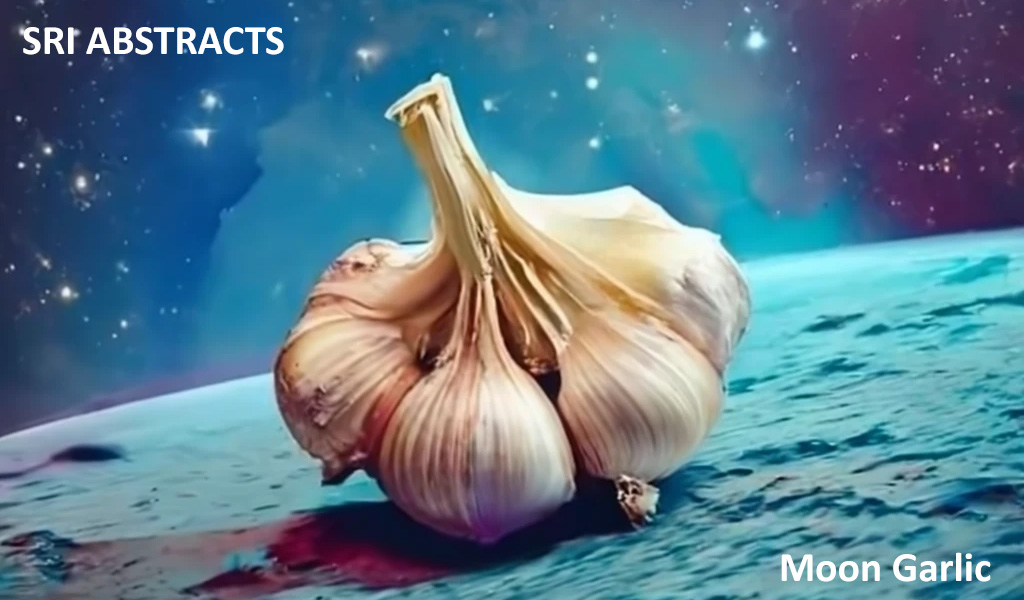This paper was presented during the symposium D4.2
Abstract
Space Renaissance International (SRI)[1], with a key role played by its Italian chapter[2], organized a stakeholders platform and discussion forum around the paradigm change from space exploration to civil expansion and settlement beyond Earth. The various members contributed with insights and views from Space Agencies, industry and academia, including also NewSpace entrepreneurs, students and civil society representatives. The objective of this initiative is to highlight the relevance of the NewSpace paradigm for the economy, with a focus on Italy, while evaluating the valuable benefits and opportunities of social and cultural developments related to space activities. The key element of this paper is to identify key recommendations and future strategies to accompany the transition from the current space exploration approach, towards an innovative concept of “space industrialization”, which includes the construction and maintenance of space infrastructures directly in space, also by reusing space debris and space resources, and by developing new capabilities for civil passenger transportation and accommodation in space. Some examples are provided in terms of reusable launch systems approaches (e.g. Space X) and Additive Layer Manufacturing technology, highlighting the technological and economic benefits for the industrial development of Earth’s orbit and beyond. The paper further elaborates on enabling technologies that could be further investigated as a first priority: low-cost orbital transport for civil passengers, inter-orbital maneuverability concepts, horizontal takeoff and soft acceleration during Earth to orbit travel, innovative and safer re-entry approaches. Among others, priority should also be given to scientific research to protect life and health; e.g. cosmic radiation protection, space habitats with artificial gravity by rotation, artificial ecosystems and exo-gardening and horticulture. This framework also includes reflections on key legal aspects, and a critical review of the Outer Space Treaty of 1967 and the International Maritime Law. The paper in its conclusion highlights how the leaders of such technological developments will benefit from significant returns on investments, but could also ignite a new Renaissance, five hundred years after the Italian one.









 Space Renaissance France (French Chapter of SRI)
Space Renaissance France (French Chapter of SRI)  Space Renaissance USA, Inc. (USA Chapter of SRI)
Space Renaissance USA, Inc. (USA Chapter of SRI) Space Renaissance (Italian Chapter of SRI)
Space Renaissance (Italian Chapter of SRI) Space Renaissance Academy
Space Renaissance Academy Space Renaissance Initiative Group
Space Renaissance Initiative Group